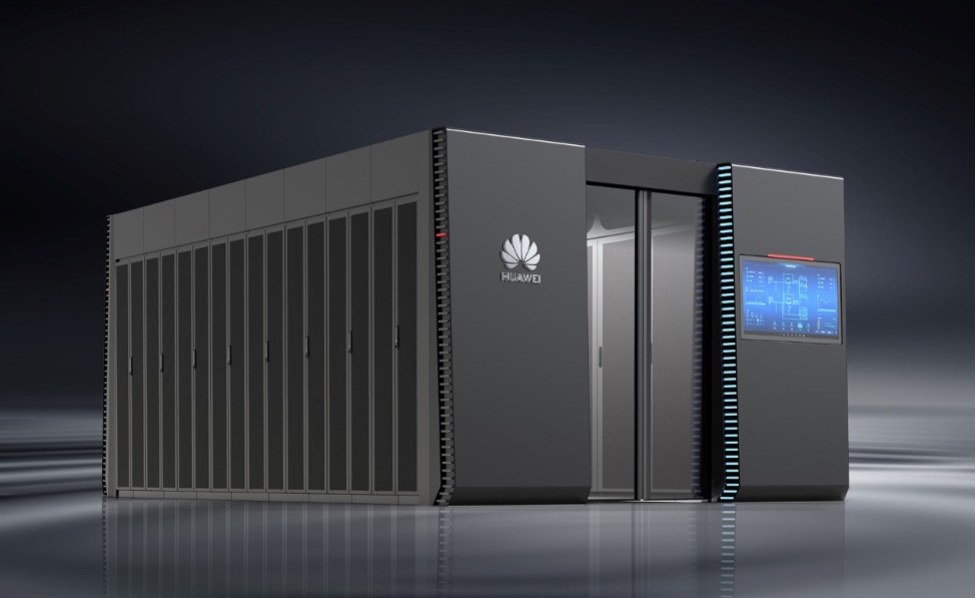Huawei Digital Power and the Cooperative Bank of Oromia (COOP), one of Ethiopia’s top five private banks, have deployed next-generation, AI-enabled data center solutions designed to strengthen the reliability, security, and sustainability of Ethiopia’s fast-growing digital financial services.
Africa is accelerating its digital transformation to create jobs for its growing youth population and to overcome bottlenecks in agriculture and infrastructure. Anchored in the African Union’s Digital Transformation Strategy for Africa (2020–2030), the continent aims for the digital economy to significantly contribute to GDP by 2030, fostering deeper integration and inclusive growth.
Ethiopia is aligning with this vision by advancing digital finance and mobile payments. COOP’s “digital-first” strategy is central to this progress: about 80% of its transactions are conducted digitally, more than ETB 3.6 trillion (USD 24.7 billion) has been processed through its mobile banking platform, and the bank serves over 15 million customers.
As digital demand surged, COOP’s legacy facilities neared their designed limits, prompting a transition to higher‑density, energy‑efficient, and easily scalable architecture. Limited rack capacity demanded higher‑density solutions without expensive physical expansion. Gaps in automation, disaster recovery, and cross–data center resilience elevated operational risk—particularly in a context where infrastructure fragility can extend recovery times and impact service continuity.
Follow us on WhatsApp | LinkedIn for the latest headlines
To tackle these challenges, Huawei Digital Power deployed AI‑powered Smart Power Supply and Smart Modular Data Center solutions. By combining AI‑powered energy management with a simplified, modular architecture, these solutions reduce energy consumption and operating costs while elevating security and uptime for millions of customers:
Solutions deployed
- FusionModule2000 — An integrated, modular unit combining power, cooling, racks, cabling, and detecting in a compact footprint. It supports flexible, pay-as-you-grow expansion for higher densities, avoiding over-provisioning and helping save CAPEX; features continuous cooling to prevent overheating during mains outages with intelligent temperature alerts; and provides a visualized power chain for precise fault detection. Massive data collection with AI-driven analytics enables on-demand cooling that can reduce temperature-control energy consumption by 8–15%, while intelligent management supports real-time detecting and proactive maintenance to lower OPEX.
- UPS5000-E — A high-efficiency, modular UPS delivering reliable uninterruptible power protection. Hot-swappable modules allow power to be added or isolated for individual loads during operation, streamlining maintenance, enhancing uptime, and reducing both engineering and O&M costs.
COOP noted that as its customer base and digital transactions have scaled rapidly, ensuring always-on, secure, and efficient infrastructure has become mission-critical. By deploying Huawei Digital Power’s modular, AI-enabled solutions, the bank now operates on a safer, more reliable foundation powered by innovative technologies—mitigating strategic risks tied to reliance on digital channels, while also lowering total cost of ownership through improved energy efficiency, intelligent operations, and modular maintenance. The architecture also delivers scalable capacity to support growth in customers, transactions, and services—without costly physical expansion, and advances greener operations aligned with Ethiopia’s and Africa’s broader sustainability and digital-economy goals, reinforcing customer trust and inclusive growth across the country.
This deployment gives COOP a resilient, efficient, and scalable data-center foundation for inclusive digital finance. Going forward, Huawei Digital Power will deepen collaboration across priority sectors—finance, government, education, healthcare, and enterprise—co-innovating to deliver secure, energy-efficient, and intelligent infrastructure that creates tangible value for citizens, institutions, and businesses in Africa.


